Accessories



















































































Control valves regulate the flow of fluids, gases, and steam within refining processes. Precise control allows operators to maintain optimal conditions for chemical reactions, separation, and other crucial operations. This results in higher process efficiency, increased yields of valuable products, and reduced energy consumption.
Control valves play a critical role in maintaining safe operating conditions, preventing overpressure, overheating, and other hazardous situations.
Control valves are essential for maintaining safe pressure levels in equipment and pipelines. They help prevent overpressure situations that could lead to equipment failure, leaks, or even catastrophic accidents. In emergency situations, control valves can be used to isolate process units, safeguarding personnel and equipment.
Control valves play a critical role in ensuring that emissions and effluents from refining processes meet environmental regulations. By controlling the injection of reagents, controlling combustion processes, and managing exhaust streams, control valves help reduce the environmental impact of refineries.
Refineries often process a variety of feedstocks and produce multiple products. Control valves provide the flexibility to adapt processes to different feedstock qualities and product specifications, allowing refineries to respond to market demands and changing conditions.
Advanced control valve systems often incorporate diagnostics and monitoring features, allowing for predictive maintenance and early fault detection. This enhances overall equipment reliability and reduces unplanned downtime.
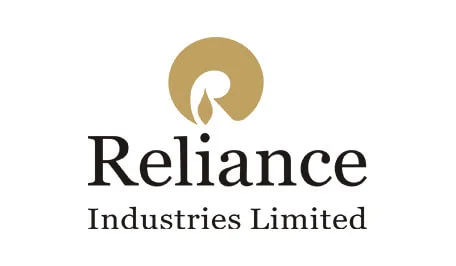
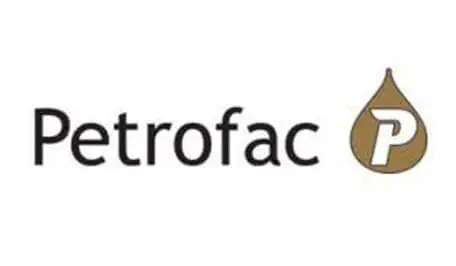
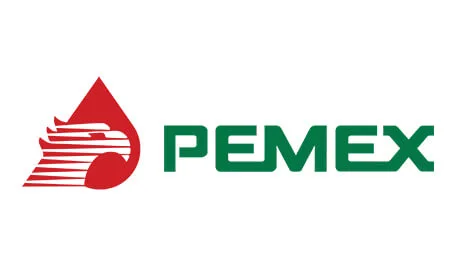
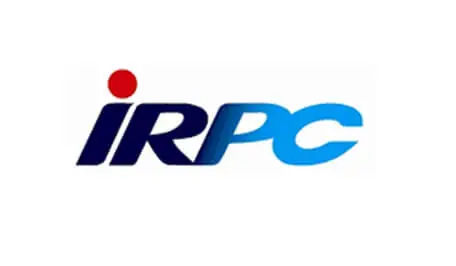
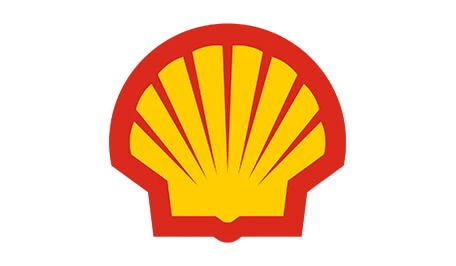
Designed & Developed by HB Softweb